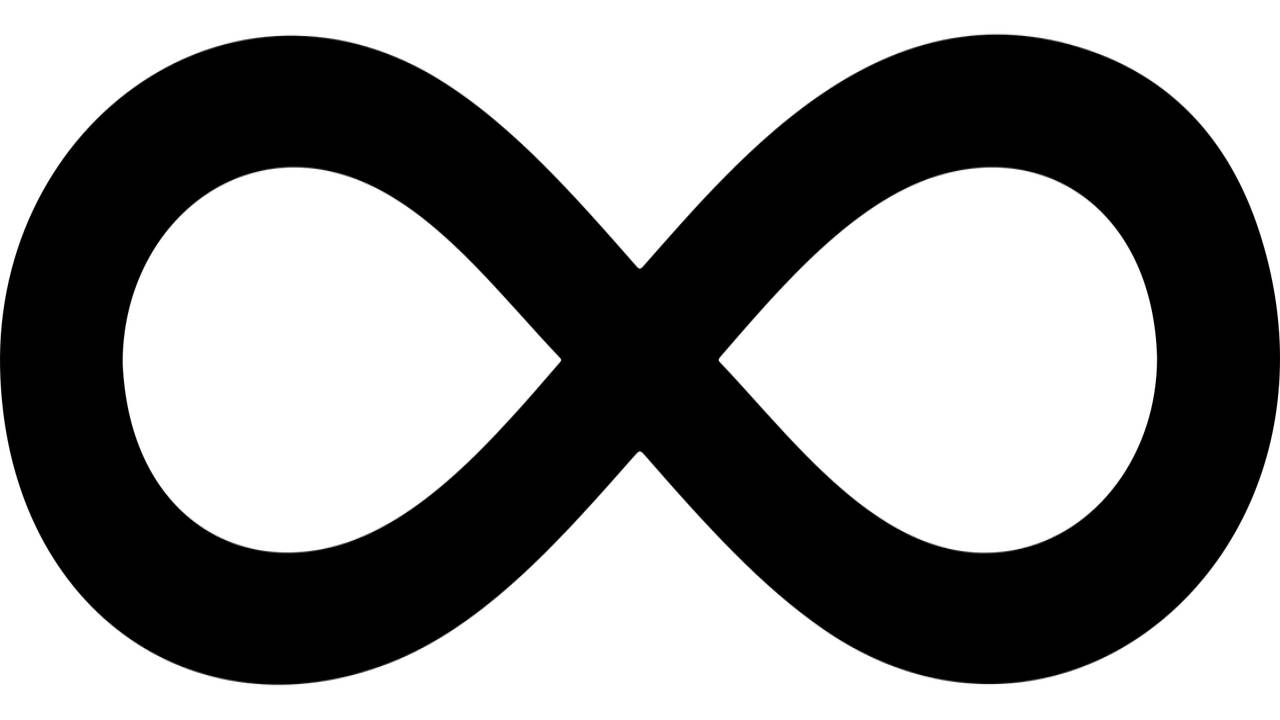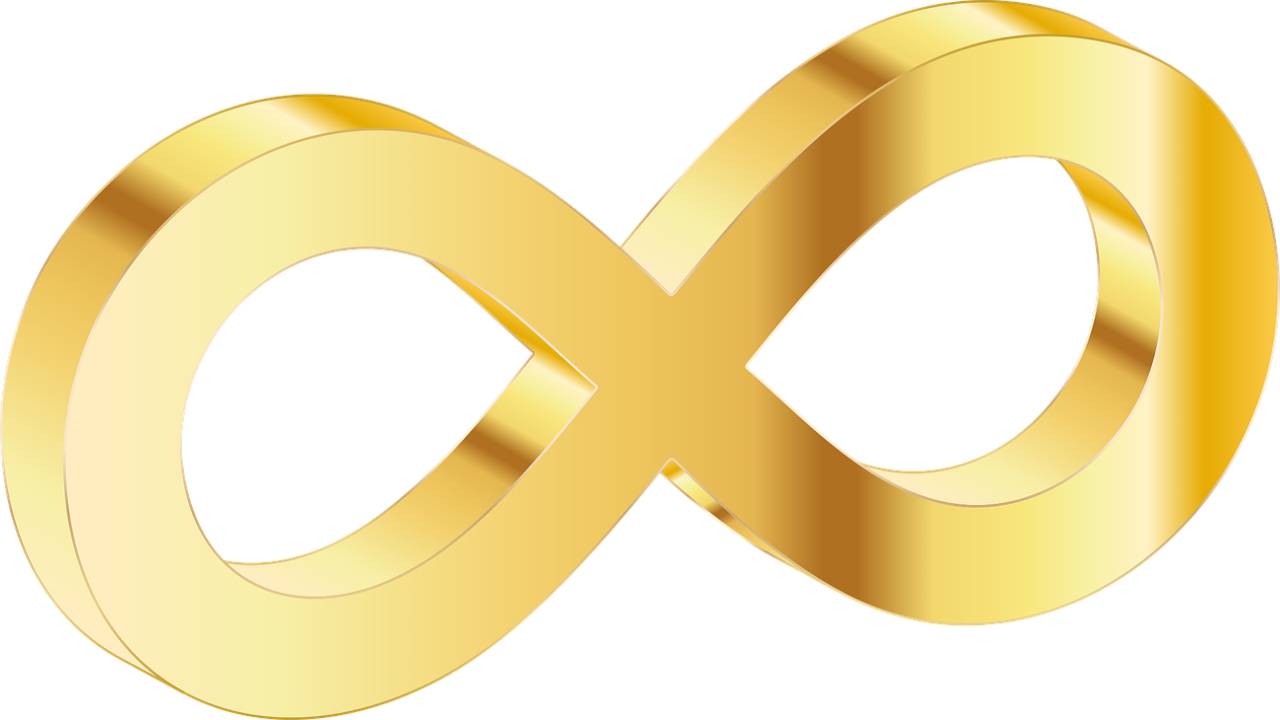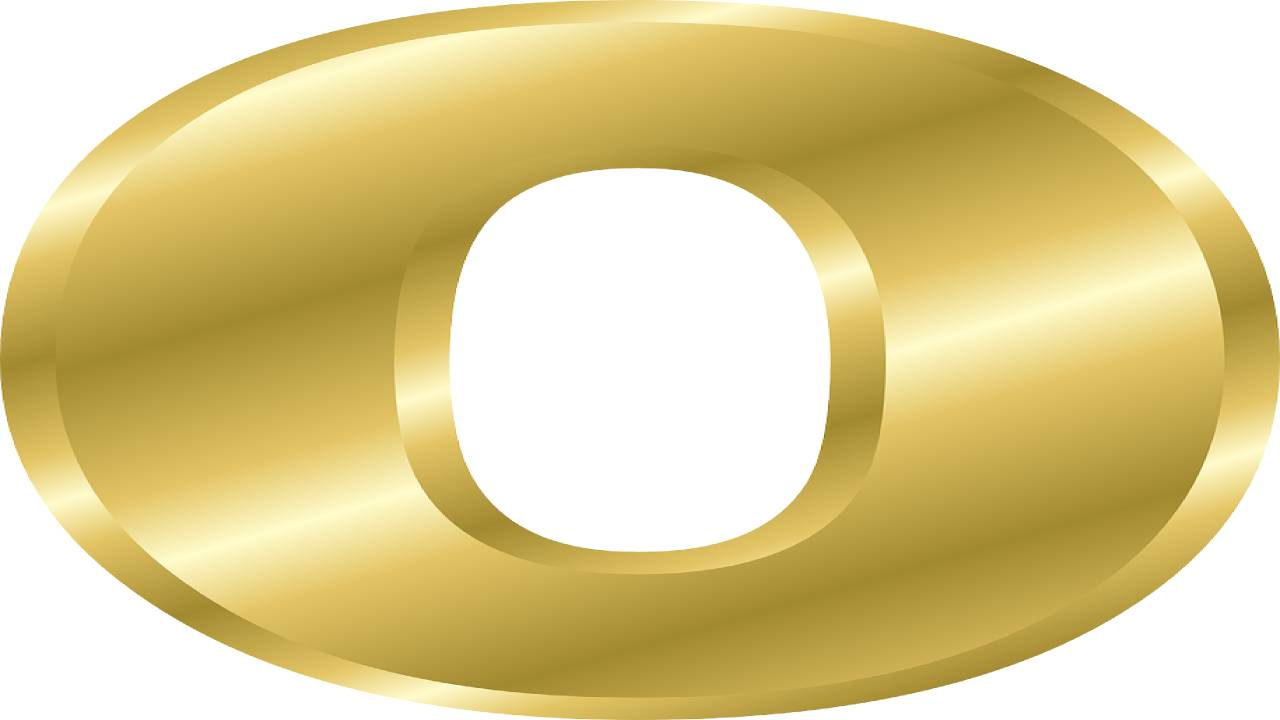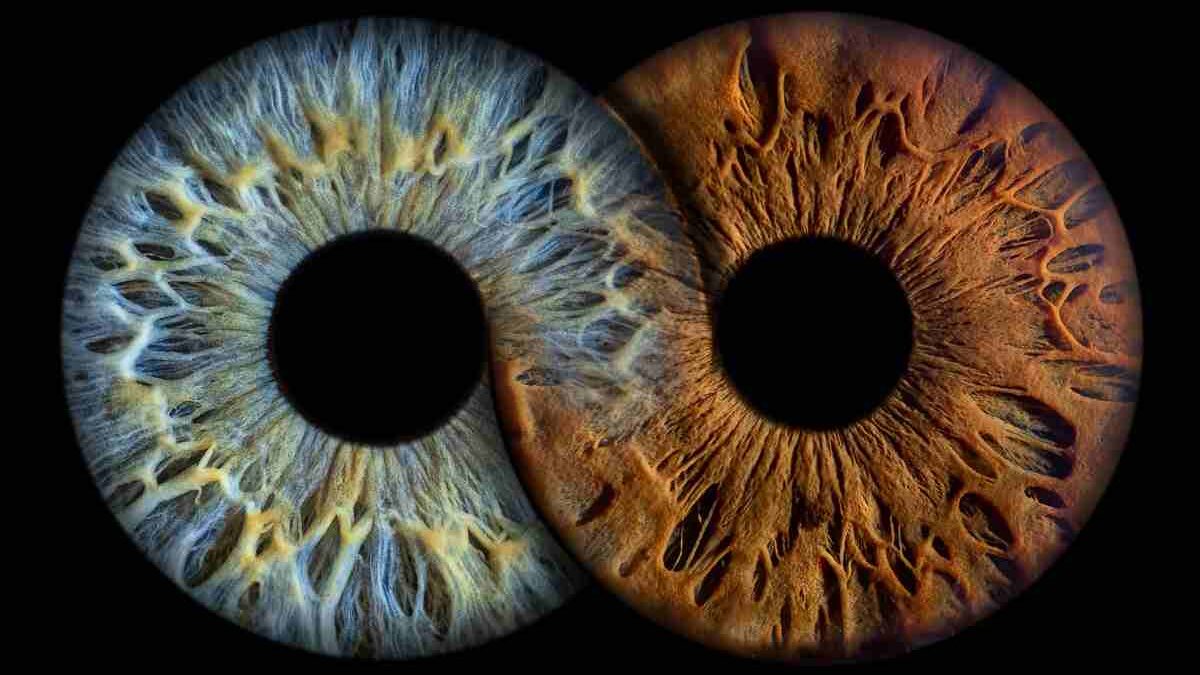Table of Contents
Infinity
Infinity is a concept, not a number. We know we can approach infinity if we count higher and higher, but we can never actually reach it.
As such, the expression 1/∞ is undefined. Whatever we can do is look at what value 1/x approaches as x approaches infinity or as x gets larger and larger.
More about Infinity

1. It is the idea of something infinite
- Just think of “infinite” or “unlimited.”
- If there is no reason for something to stop, then it is infinite. Infinity does not grow
2. It does not “grow
- Infinity does not grow. If ∞ + 1 = i∞, then the literal presumption is that it has somehow grown. But, It didn’t.
3. It is not a actual number
- It is an idea—the idea of something endless.
- It can not be measure. Even these distant galaxies cannot compete with infinity.
4. It is simple
- It is easier than things that have an end. Because when something has a lot, we must determine where that end is.
5. The infinity symbol
- The ∞ symbol is eight on its side, often called lemniscate; mathematician John Wallis invented this symbol in 1655.

1/∞
- It is not a numeral, so you can’t say that 1 divided by infinity equals anything. In practical problems, you may find an approach to infinity.
- Since Lim x→∞1x=0 Lim x→∞1x=0, you can usually get away with using zero when a problem appears to divide 1 by ∞.
- Remember that it’s a limit, not an actual value.
- Most computer double-precision math libraries will give you zero if you divide 1 by ∞.
- In this case, “infinity” is a unique value, which isn’t quite precisely like actual infinity, but it suffices for many practical problems.
- It is the limit of n where n runs to infinity; that’s logical.
- And one divided by ∞ is (the limit of 1 where n runs to ∞) / (the limit of n where n runs to ∞) = the limit of 1/n where n runs to ∞=0
Is 1 infinity equal to 0
- It is not a number; read this over and over until you understand. I’m not trying to sound rude, but it’s a concept we need to know before we move on.
- As it is not a number, and you cannot do simple arithmetic using ∞.
- To illustrate the crazy traffic jams people find themselves in when they say 1∞ = 01∞ = 0, consider replacing the denominator with another number, a real number.
- 12 = 0.512 = 0.5
- I don’t think anyone will find this statement very controversial.
- And we can multiply the quotient by the divisor to get dividends in another true one, without a controversial statement:
- 0.5 x 2 = 10.5 x 2 = 1
- So what if we try to change the assertion that 1∞ = 01∞ = 0?
- We get 0 × ∞ = 10 × ∞ = 1
Infinity multiplied by Zero
- First of all, multiplying zero by any number gives zero, so if we’re going to treat ∞ as a number, then zero multiplied by infinity must not equal 1.
- On the other side, if we were to think of ∞ as a number, I could understand your saying that ∞ multiplied by anything is ∞.
- So if we try to say that zero times infinity equals one, which is a logical sequence of 1∞ = 01∞ = 0, we run into some terrible contradictions.
- You are looking for the limit. Limit allows us to explore what a particular value is aiming for.
- limx → ∞1x = 0 limx → ∞1x = 0
- It means that as x increases, the value 1 / x becomes very small.
- If you could estimate 1 / x for ever-larger values of x, you would get closer and closer to zero until the end of time. But this is not the same as saying that 1∞ = 0.
Why is it that 1/infinity equals 0?
- 1/∞≠0.
- Let me try to prove it.
- If 1/∞=0, then 1/0=∞.
- Now let, 1/0=x (which we have to evaluate)
- Thus, 1=0*x
- For any value of x (including ∞), 0*x≠1.
- Thus, 1/0 is not ∞, or 1/∞ is not 0.
- 1/∞ is relatively undefined.
- But, the reason you are asking is due to a similar statement that was misinterpreted as 1/∞=0.
- The statement is,
- For, x->∞ 1/x->0. ……(1)
- Remember, the “->” sign means tends to, not equal.
- So, the statement states that if a number gets very close to infinity, then the inverse of the number will get very close to 0.

Is it that 1/∞ equals 0?
- 1/∞ has no meaning, as ∞ isn’t a number, as do you; you can’t do numerical calculations with it.
- Mathematicians get around this using the limit operation and talk about the limit as X tends to infinity some expression.
- In this case, the term would be 1/X. (This is an abuse of language if you want to be pedantic.)
- However, the definition of the limit doesn’t have the word ‘infinity’ in it. The limit is that number that the expression gets close to as X gets very big.
- It’s more potent than that; the term can be made arbitrarily close to the value as long as X is sufficiently large.
- So, as 1/X can be as small as you wish, as long as X is big enough, the limit is zero. Clear? And not infinity insight.

